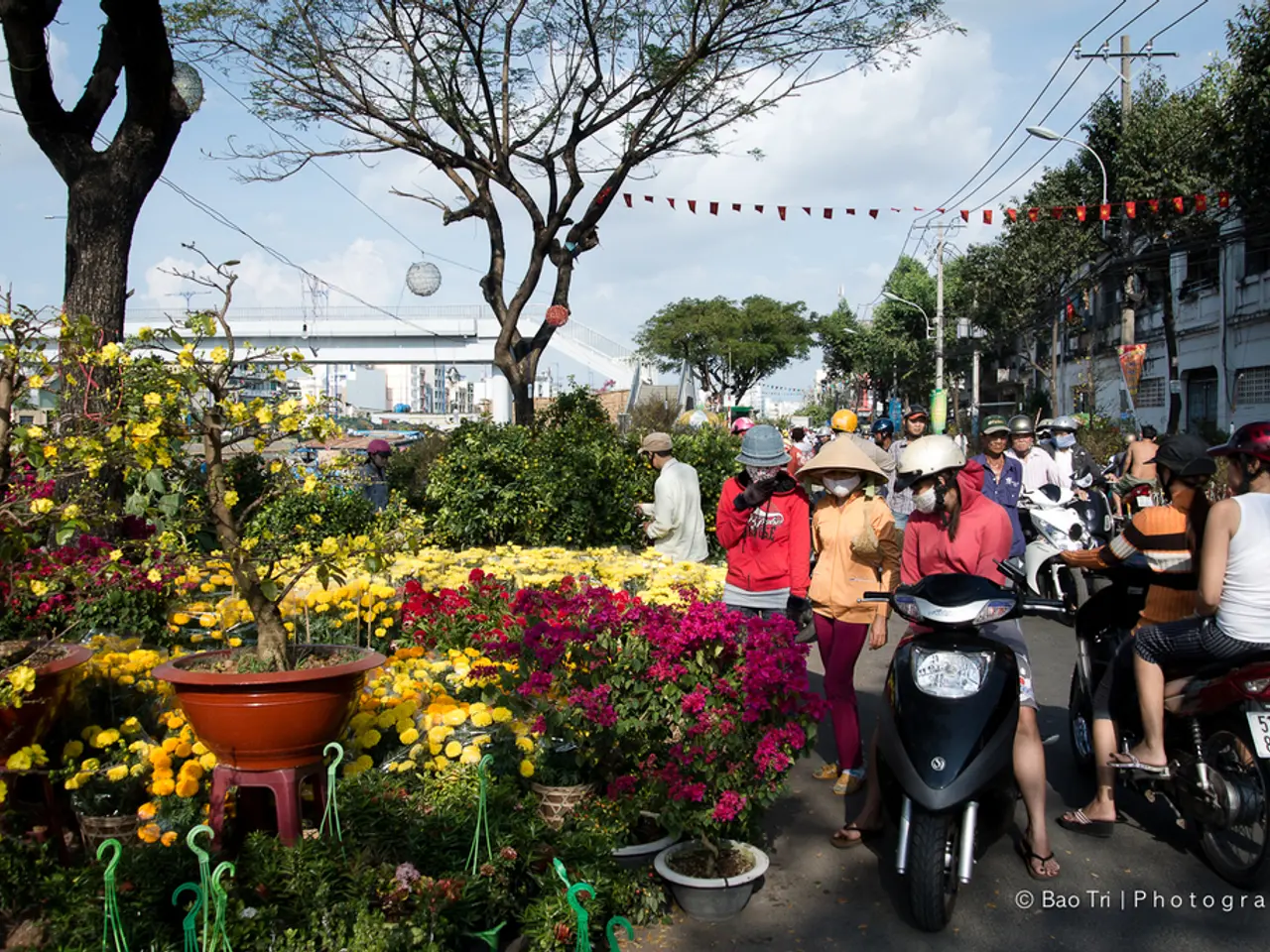Trier's Transport Habits Shift: 60% of Trips Now Eco-Friendly
Trier, the oldest city in Germany, has witnessed a significant alteration in its residents' transport habits. The city's public transport use has climbed to 13%, and walking trips have increased to 35%, contributing to a 60% share of environmentally friendly trips. This signifies a notable decrease in car usage, with private cars now accounting for 40% of trips.
In 2018, 50% of trips were made by private car. However, by 2023, Trier had not only surpassed its 2015 target of reducing car usage to 45% but also witnessed a decline in the number of cars per household, from 1.08 to 1.04. This change can be partly attributed to the increase in home office work, which has encouraged more walking trips.
Trier's hilly terrain has not discouraged its residents from walking. In fact, it has the highest share of walking trips among four similarly sized cities with comparable terrain. Nearly one in five households in Trier does not own a car, further indicating a shift away from private vehicle usage. Cycling trips, however, have decreased slightly from 14% in 2018 to 12% in 2023.
Trier's mobility studies reveal a city dedicated to reducing car usage and promoting sustainable transport. With 60% of trips now made using environmentally friendly modes, Trier ranks in the lower third of cities surveyed for car usage. As the city continues to encourage walking and public transport, it is likely to see further reductions in its carbon footprint.







